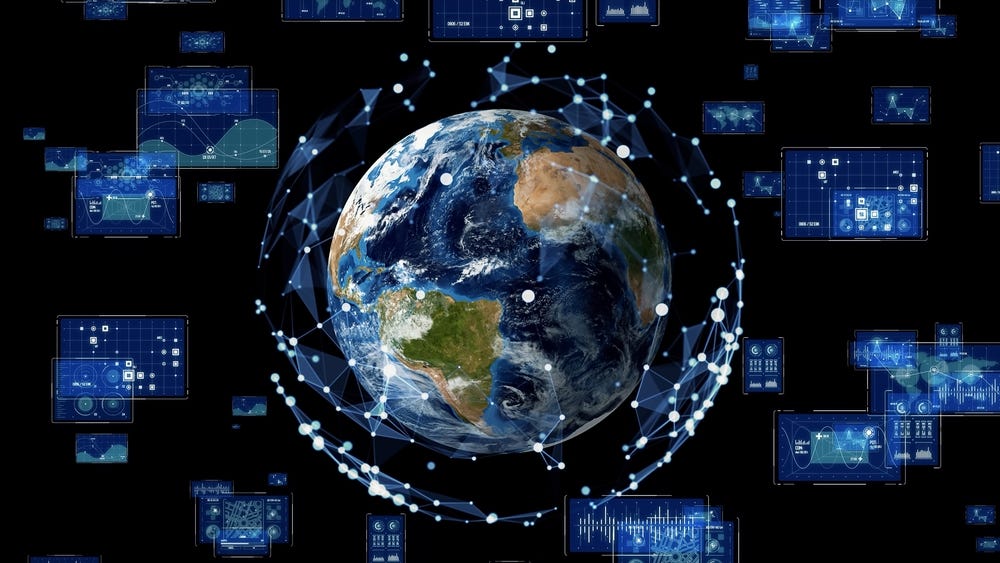
Artificial Intelligence (AI) has the potential to revolutionize the field of development, empowering nations and communities to address complex challenges and drive sustainable progress. As AI technologies continue to advance, they hold the promise of transforming traditional development approaches, making them more efficient, inclusive, and responsive to the needs of the global population. In this blog post, we will explore how AI will work in development, opening doors to a brighter and more sustainable future.
- Data-Driven Decision Making: AI thrives on data, and development initiatives generate vast amounts of information from diverse sources. By harnessing AI’s capabilities in data analysis and pattern recognition, policymakers and development organizations can make informed decisions. AI-driven insights can help identify priority areas for investment, evaluate program effectiveness, and predict potential challenges, thereby optimizing resource allocation and ensuring greater impact.
- Improving Healthcare and Disease Control: AI’s potential in the healthcare sector is remarkable. From early disease detection to drug discovery and telemedicine, AI can revolutionize healthcare access in underprivileged regions. AI-powered diagnostic tools can assist in identifying health risks, while data-driven disease surveillance can enable quicker responses to outbreaks and pandemics, ultimately saving lives and strengthening public health systems.
- Precision Agriculture for Food Security: AI-powered agricultural solutions offer the promise of increased productivity and reduced environmental impact. Through precision agriculture, farmers can optimize resource use, improve crop yields, and minimize the use of pesticides and water. AI-powered drones and satellite imagery can monitor crop health, enabling timely interventions to mitigate risks and ensure food security for growing populations.
- Smart Infrastructure and Urban Planning: In rapidly urbanizing areas, AI can play a pivotal role in creating sustainable cities. Smart infrastructure powered by AI can optimize energy consumption, manage waste more efficiently, and enhance public transportation systems. AI-driven urban planning models can lead to well-designed cities that prioritize green spaces, pedestrian-friendly environments, and reduced carbon footprints.
- AI for Inclusive Education: Education is a crucial driver of development, and AI can transform the way knowledge is imparted. AI-powered educational tools can cater to individual learning styles, making education more inclusive and accessible to diverse populations. Additionally, AI can enable remote learning, bridging the educational gap in remote or underserved areas, and facilitating lifelong learning opportunities.
- Disaster Response and Mitigation: During natural disasters and humanitarian crises, AI can significantly improve response efforts. AI-driven algorithms can analyze real-time data to predict the trajectory of disasters and facilitate timely evacuation and relief operations. Robotics and AI-enabled drones can aid in search and rescue missions, ensuring the safety of affected populations.

Leave a reply